India urges court to limit citizenship for children of overseas citizens
The government warned that allowing the May 2024 ruling to become precedent could “open the floodgates” for similar claims and dilute the intent of India’s citizenship laws.
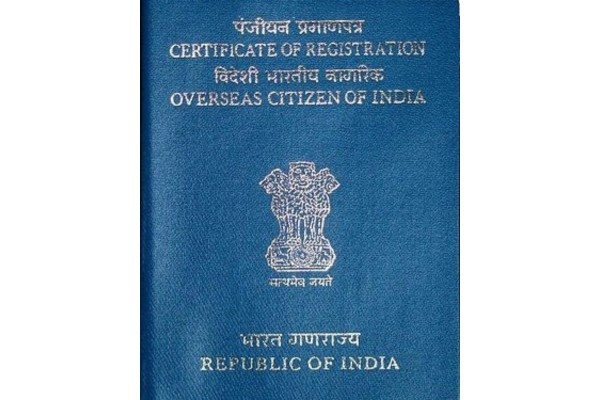 OCI cards / MEA
OCI cards / MEA
India’s Ministry of Home Affairs (MHA) has asked the Delhi High Court to limit the impact of a ruling that granted citizenship to a 17-year-old girl born in India to parents holding Overseas Citizen of India (OCI) cards.
The government warned that allowing the May 2024 ruling to become precedent could “open the floodgates” for similar claims and dilute the intent of India’s citizenship laws.
Also Read: 1563 Indians deported since Trump's second term: MEA
Rachita Francis Xavier was born in 2006 in Andhra Pradesh to Indian-origin parents who had taken U.S. citizenship in 2001 and 2005. At the time of her birth, they were living in India on OCI status—a form of long-term residency available to foreign nationals of Indian descent that does not confer Indian citizenship.
In 2019, Rachita was denied an Indian passport, leaving her without recognized citizenship in either India or the U.S. A single-judge bench of the High Court ruled in May 2024 that she could not be treated as an “illegal migrant” and qualified as a “person of Indian origin.” The court directed the Centre to grant her citizenship, which it did on July 31.
Appearing before a division bench of Chief Justice D K Upadhyaya and Justice Tushar Rao Gedela, the MHA—represented by government counsel Abhigyan Siddhant—contended that the ruling misinterpreted the Citizenship Act, 1955. While the Centre has not challenged the citizenship granted to Rachita, it objected to the legal reasoning that could apply more broadly to others in similar circumstances.
According to the MHA, a child born in India to foreign nationals—including OCI cardholders—does not automatically acquire Indian citizenship and may fall under the definition of an “illegal migrant” if not covered by valid visa or travel documents.
The ministry further submitted that defining all post-1947 descendants of Indian citizens as “persons of Indian origin” would be contrary to the legislative intent of India’s citizenship framework, and could potentially extend such status to individuals born in Pakistan or Bangladesh—nations formed after India’s independence.
The High Court has scheduled the matter for further hearing on Oct. 15.
ADVERTISEMENT
ADVERTISEMENT
E Paper
Video




 Malvika Choudhary
Malvika Choudhary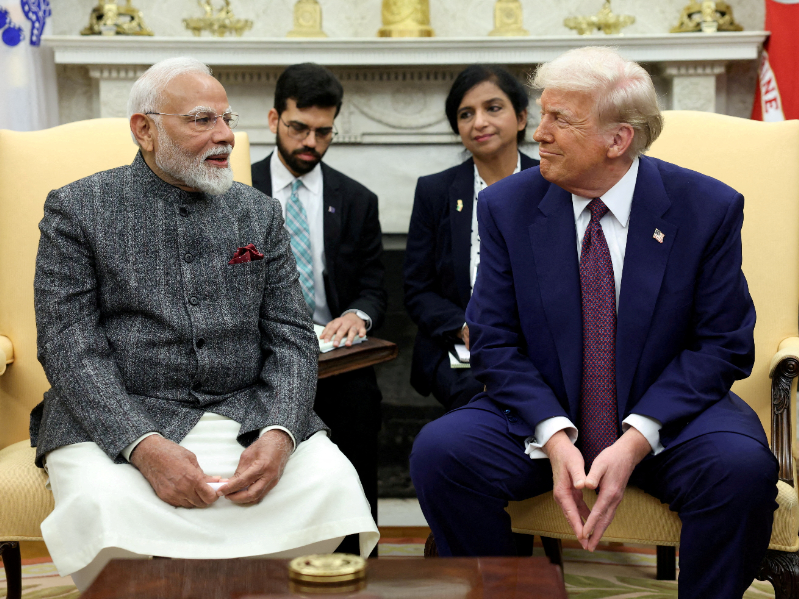
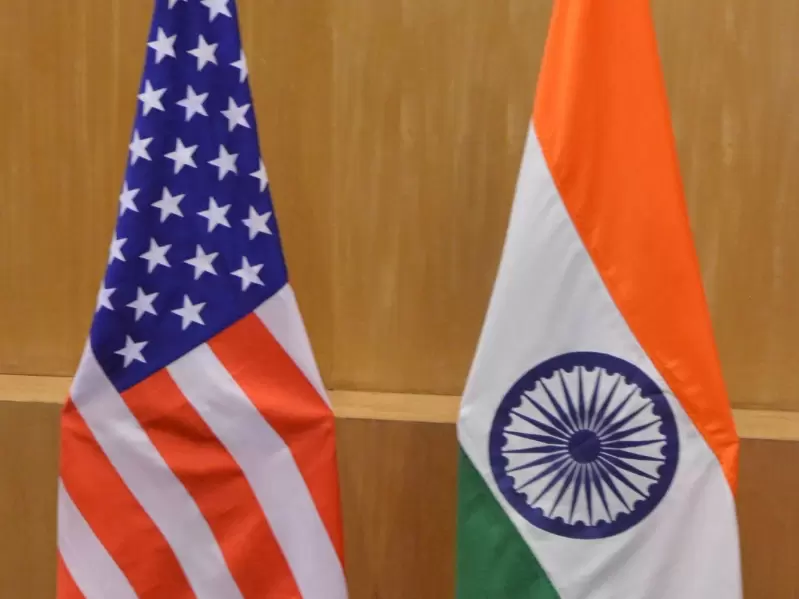


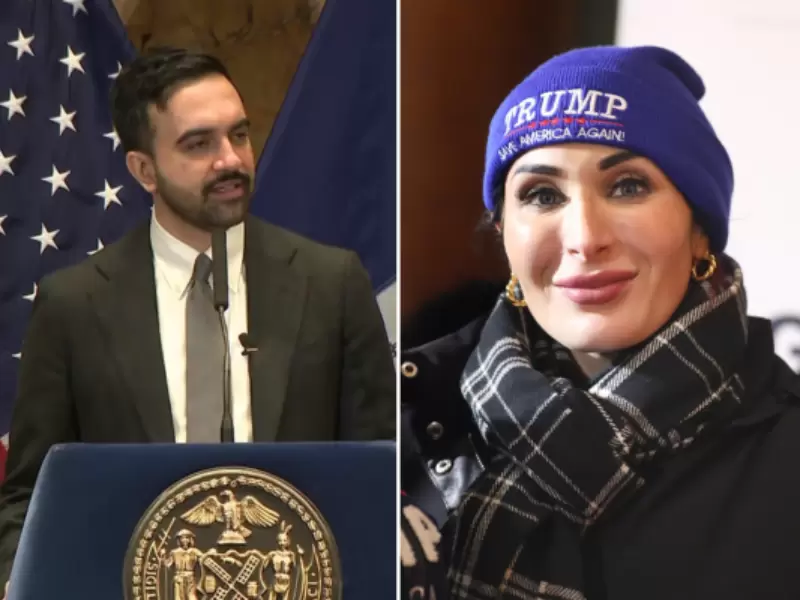
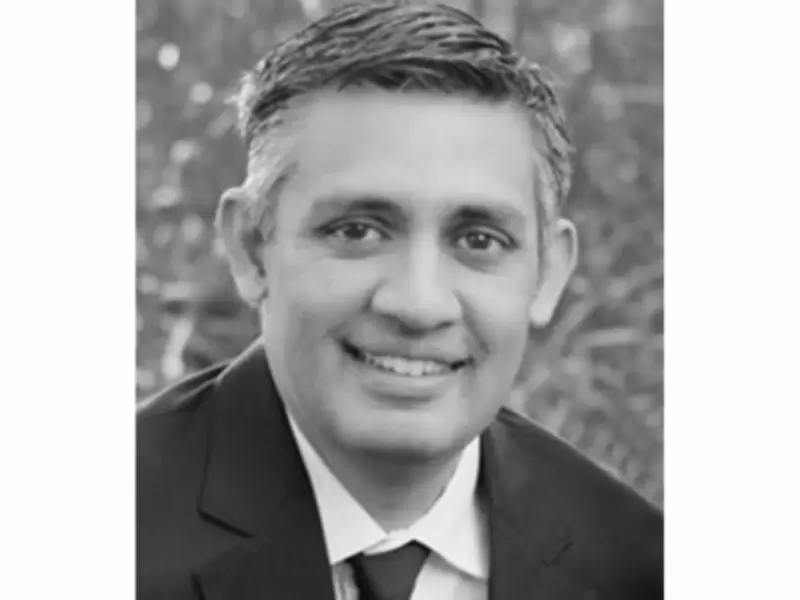
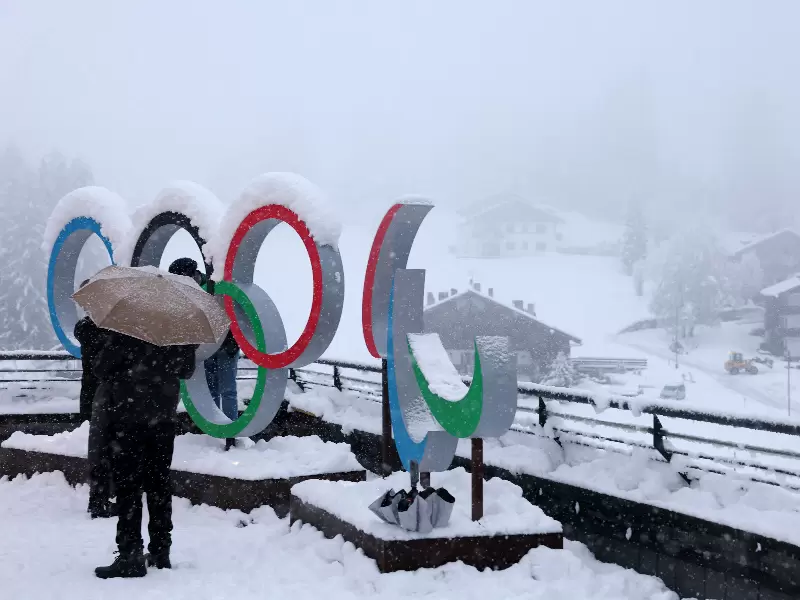

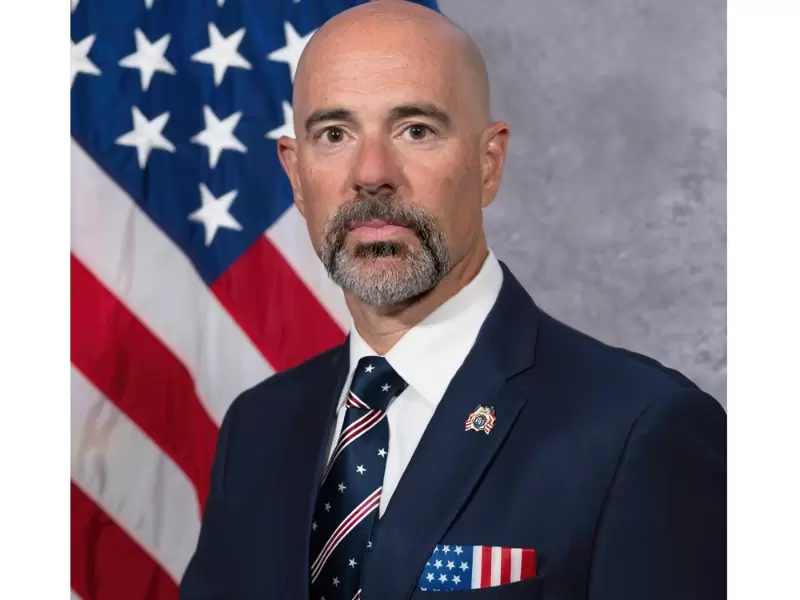

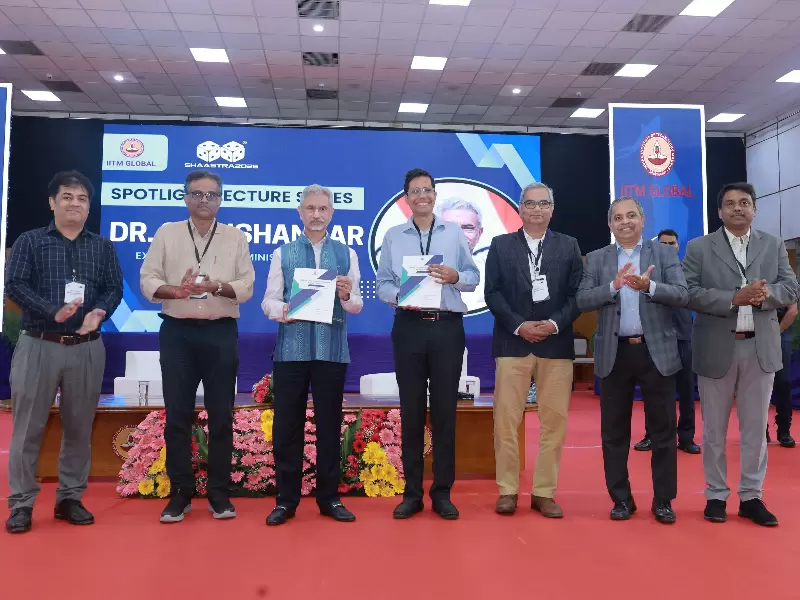
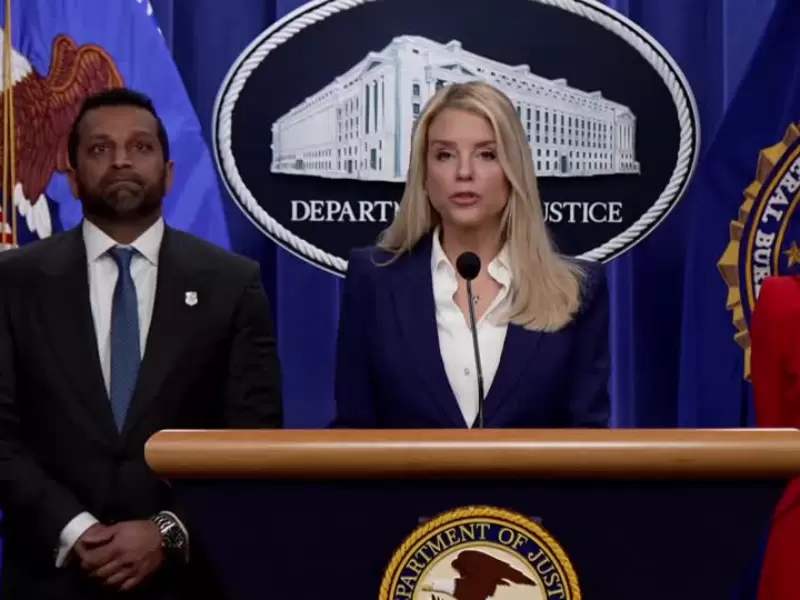


Comments
Start the conversation
Become a member of New India Abroad to start commenting.
Sign Up Now
Already have an account? Login